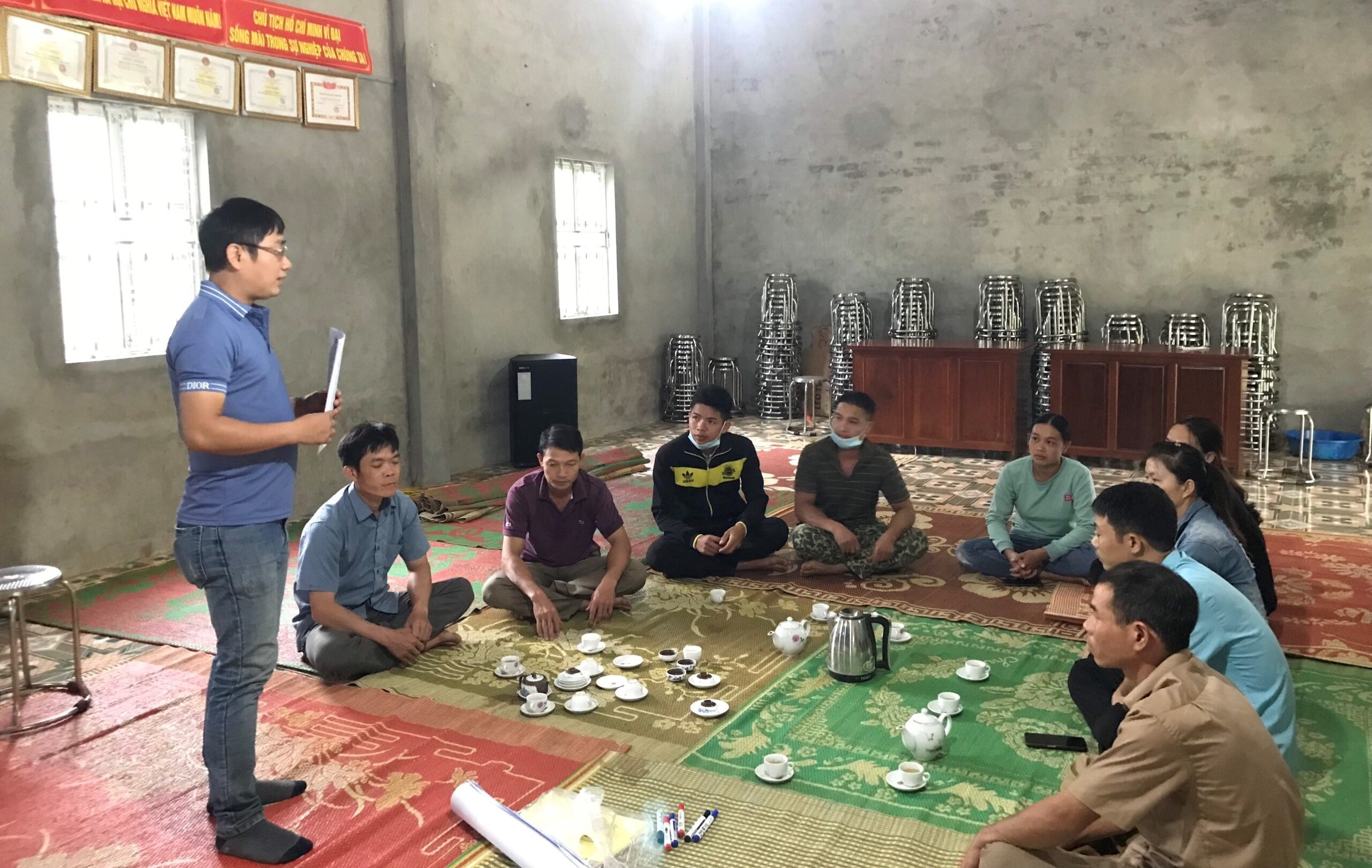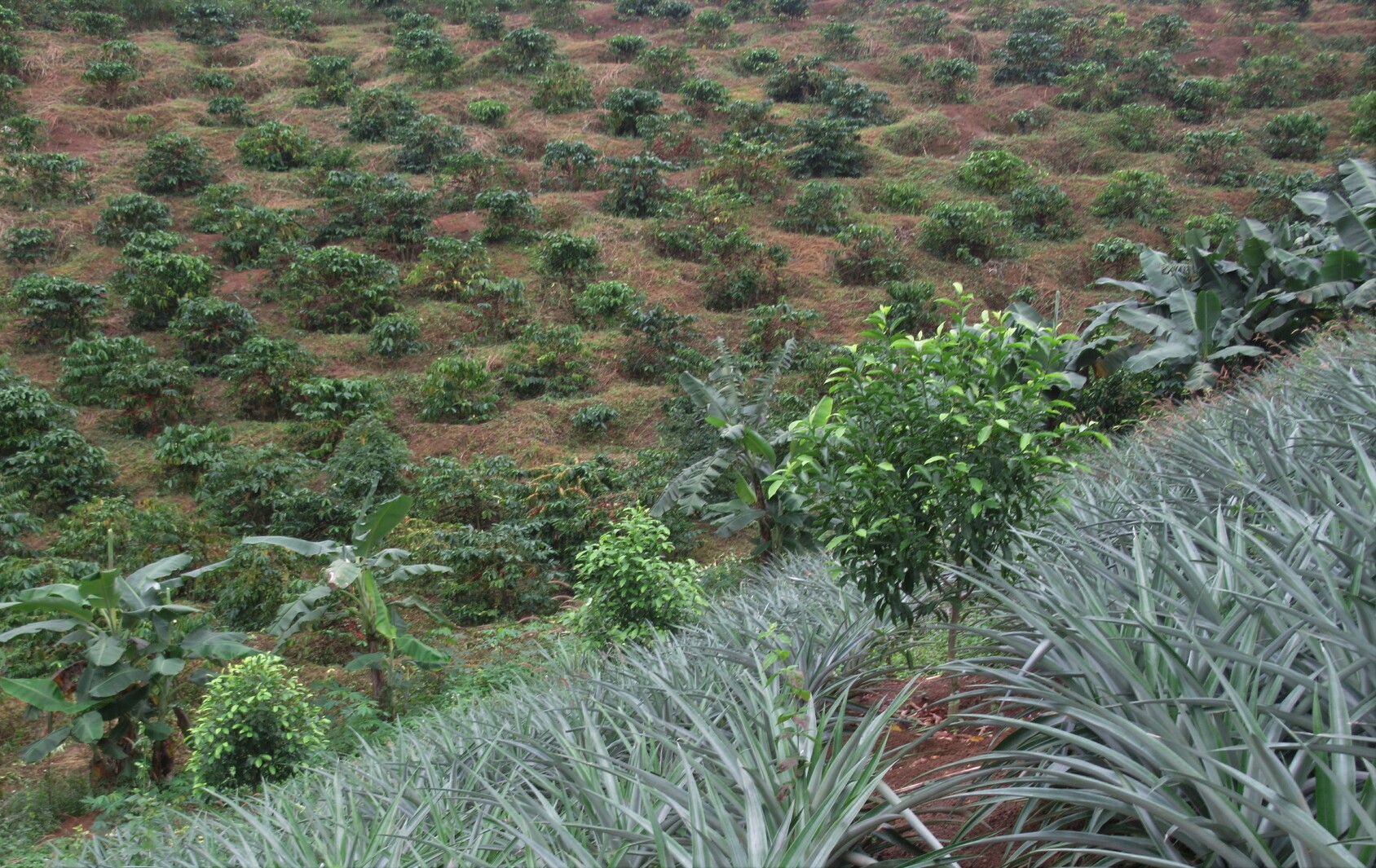People and Nature Reconciliation (PanNature) is proud to announce the…

Policy Review 27-28: Vietnam’s forestry in the new context
Vietnam’s forestry is moving into a new phase when the 2017 Forest Law, replacing the 2004 Forest Protection and Protection Law, will come into effect on January 1, 2019. While the goals of sustainable forestry development up to 2020 have been identified, many new drivers will contribute to setting a new context for forestry. These driving forces include higher growth in the processing industry, exporting wooden furniture, increasing revenue for forest protection from the expansion of payers for forest environmental services; forest planning quality promises to be improved and more stable under the new implementation framework of the Law on Planning and the Land Law (expected to be revised); improvement of forest governance and information systems to meet international requirements when participating in initiatives such as the Voluntary Partnership Agreement (VPA) on Forest Law Enforcement, Forest Governance and Trade in Forest Products (FLEGT), REDD+, or related free trade agreements (FTAs).
Based on the principles of forest governance, this Policy Review synthesizes and provides several analyses and recommendations from policy experts and social organizations on the rights and benefits of households, local communities, especially ethnic minority communities, who participate in forestry activities. These discussions are on the following topics:
- The possibility of applying provisions on people’s rights in guiding the implementation of the Forestry Law, including institutionalizing the management of religious forests;
- Inadequacies in forest management, forest land which is currently managed by the Commune People’s Committee; overlaps and conflicts in the management and use of forest land;
- Improving benefit sharing and community livelihoods by accessing genetic resources, conserving biodiversity, contracting for forest protection, supporting and collaborating with communities in forest management and forest land use, building sustainable forest landscape and corridors;
- The role and participation of social organizations and communities in monitoring and reporting on forest governance.
Through this Policy Review, analysis and recommendations are expected to contribute to developing new forest policy for the period after 2020, as well as the implementation of the Law on Forestry.
Download the full Policy Review in Vietnamese here >> (File PDF, 4.07 MB)



